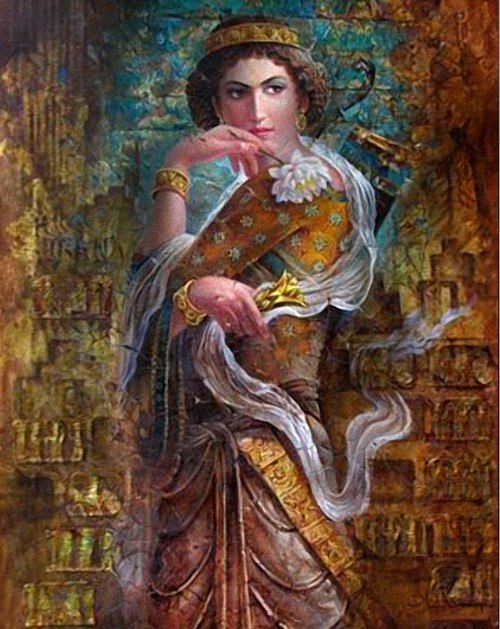FWP:
In this one Ghalib is trying out a clever juxtaposition in which nāz kheñchnā , to 'draw'/experience coquetry, shares its verb, to unexpected effect, with ḥasrat kheñchnā , to 'draw'/experience longing. The effect is similar to 'She told me to take great care and a cup of tea.' For another verse in which the poet plays like this with kheñchnā , see {119,5}.
However, the commentators take the verse to task for undue awkwardness and Persianization. As Bekhud Mohani's paraphrase makes clear, the normal Urdu verb for that situation would be uṭhānā , 'to support/endure' (literally, 'to lift up', where the Persian metaphor is 'to draw/pull'). Shadan is even endearingly ready to suggest how Ghalib should have rephrased his verse. Nazm also disapproves of using nāz kheñchnā with the postposition se .
Whether or not we accept the technical objections, the poet's intentions are clear enough, and the simplicity of the verse gives it a starkness that helps to convey unvarnished longing and desire. The little word bhī also expands in the mind-- vuh bhī din ho , may even/also that day come to pass, emphasizes how mired the speaker is in this day, the present, when his situation is so incomparably much worse.
And of course, what does he long for from the 'tyrant'? He longs for 'that day' to bring
him-- not union, not even real intimacy, but merely coquetry, with all its suggestions
of superficiality and frivolity. His desire is touchingly modest-- and even
that desire is nowhere near achievement, and perhaps may never be.

Nazm:
In this sentence, 'I would experience coquetry from that tyrant' [us sitamgar se nāz kheñchūñ], se doesn't seem good. The relationship of se is with longing [ḥasrat]. That is, the way that I am experiencing the longing for coquetry from that tyrant, may that day too come when in the same way I will experience coquetry. (72)
== Nazm page 72